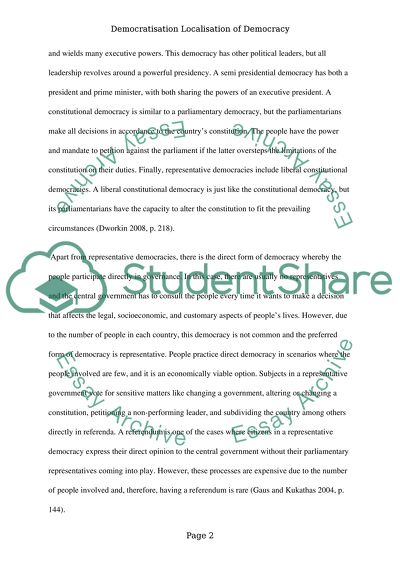Cite this document
(“Democratisation Localisation of Democracy Essay”, n.d.)
Retrieved from https://studentshare.org/history/1394535-democratisation-localisation-of-democracy
Retrieved from https://studentshare.org/history/1394535-democratisation-localisation-of-democracy
(Democratisation Localisation of Democracy Essay)
https://studentshare.org/history/1394535-democratisation-localisation-of-democracy.
https://studentshare.org/history/1394535-democratisation-localisation-of-democracy.
“Democratisation Localisation of Democracy Essay”, n.d. https://studentshare.org/history/1394535-democratisation-localisation-of-democracy.


